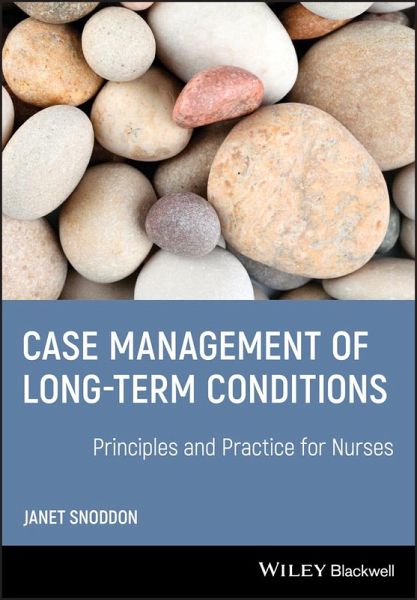
Case Management of Long-term Conditions (eBook, PDF)
Principles and Practice for Nurses
Versandkostenfrei!
Sofort per Download lieferbar
43,99 €
inkl. MwSt.
Weitere Ausgaben:

PAYBACK Punkte
0 °P sammeln!
The importance of appropriate and effective management of patient with long term chronic conditions cannot be underestimated. Case Management of Long-Term Conditions aims to provide all appropriate practitioners (including nurses, pharmacists, physiotherapists, and social care practitioners) who might be involved in delivery of proactive case management with a practical understanding of how their knowledge and skills can be utilised to improve outcomes for people with chronic long-term conditions. The text contains some broad reflections on care and service delivery based on reviews of evidenc...
The importance of appropriate and effective management of patient with long term chronic conditions cannot be underestimated. Case Management of Long-Term Conditions aims to provide all appropriate practitioners (including nurses, pharmacists, physiotherapists, and social care practitioners) who might be involved in delivery of proactive case management with a practical understanding of how their knowledge and skills can be utilised to improve outcomes for people with chronic long-term conditions. The text contains some broad reflections on care and service delivery based on reviews of evidence and views from clinicians in the use of these skills and competencies to deliver improved outcomes for clients.
Dieser Download kann aus rechtlichen Gründen nur mit Rechnungsadresse in D ausgeliefert werden.













